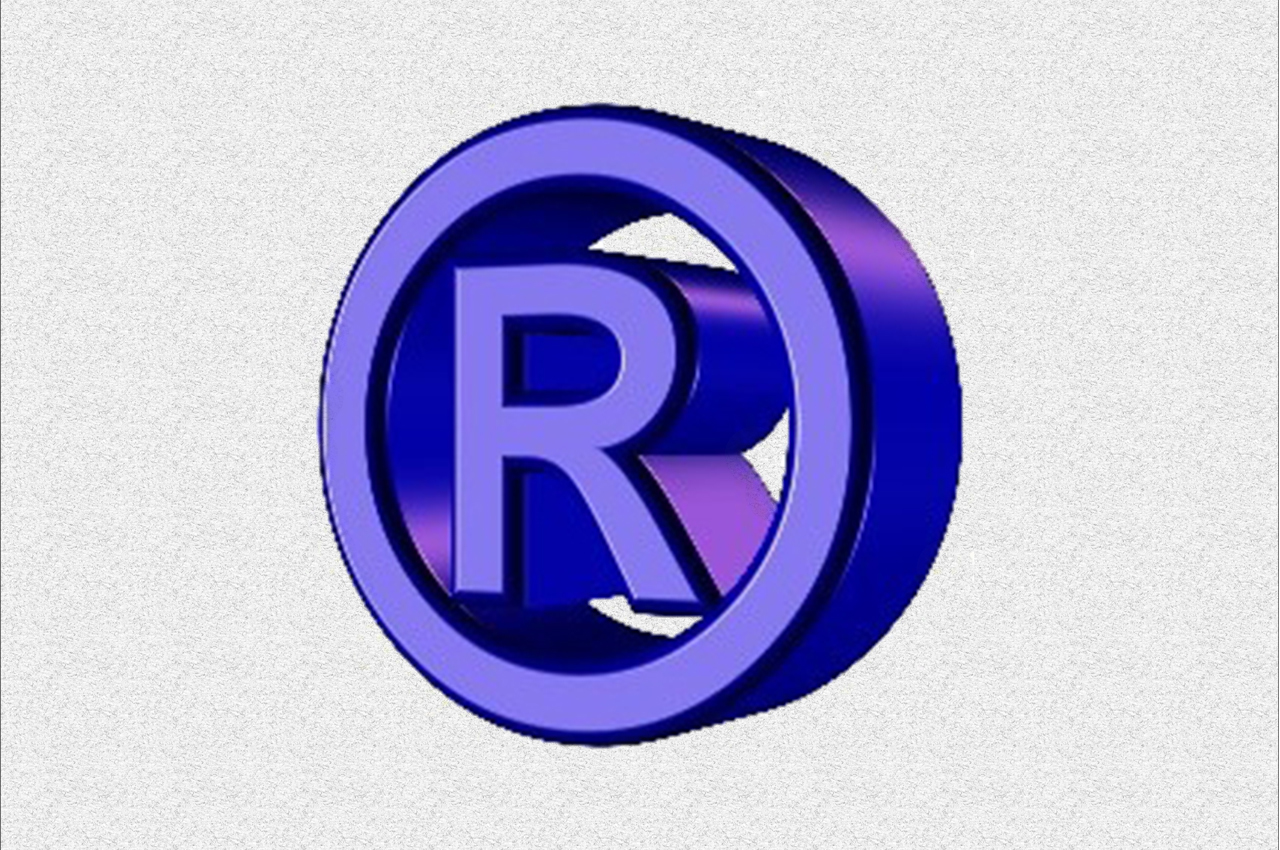Resources
Trademarkology
Are Trademarks Irrational?
As part of last week’s Consumer Electronics Show held in Las Vegas, there was a hotel wing dedicated to Asian smart phone retailers. The names of the phone were not well-known among U.S. consumers â names like WeiHeng Digital and Xiaomi Mi5.
But the independent expert I heard reporting on the Asian phone selection as part of a public radio interview was very familiar with the phones; he carried one himself. The phones retail for around $100, but include many of the same features as the well-known Apple iPhone and Samsung Galaxy phone, like 16-megapixel resolution and two SIM cards that allow a user to receive services from two different providers simultaneously.
So why haven’t these phones caught on among American consumers? Especially when iPhones are themselves manufactured in China?
As the consultant put it, American consumers are “very dumb” when it comes to how they buy smart phones. The reason? They buy based on brand. The rest of the sentiment left unexpressed by the expert’s statement is the suggestion that American consumers buy products based on brand name, regardless of product quality.
Trademarks function as commercial indicators of source. There is no requirement that the source be known to consumers as a high-quality source or even a source of minimal quality goods. The point is that consumers know “what they are getting’ and that they “get the same thing every time” — good or bad.

Trademark infringement law is based on the notion that if a trademark owner successfully establishes goodwill that consumers associate with her brand, she should be able to prevent others from freeriding off of that goodwill to the trademark owner’s detriment. But there are at least two ways that goodwill may be established.
One way is through a reputation for high quality goods and services earned over time. High quality keeps consumers coming back for more and influences new consumers to try goods or services.
A second way is through advertising and sales of the brand. Repeated “consumer impressions” created by getting a product in front of as many consumers as possible and possibly creating a “buzz” or “must have” feeling around the product or services.
Does one of these routes demonstrate a “rational” function of trademarks and the other an “irrational” effect of trademarks? Does it matter?
Trademark lawyers help businesses select and protect a word, symbol or device that may serve as a commercial indicator of source among consumers. Marketing people decide how to use that mark to sell products in the relevant markets. While strong marketing may attract consumers to a branded product as an initial matter, are consumers going to return to the brand if the performance disappoints? I like to believe that the rational functions (quality based) and irrational functions (emotionally based) ascribed to trademarks work together to help consumers find what they want in the marketplace. As we know, human beings make decisions based on more than purely rational bases, which explains many things beyond smart phone purchasing habits.
Check out this comparison of the iPhone 6 vs. Xiaomi Mi4 we found on youtube:
Read more from Trademarkology



